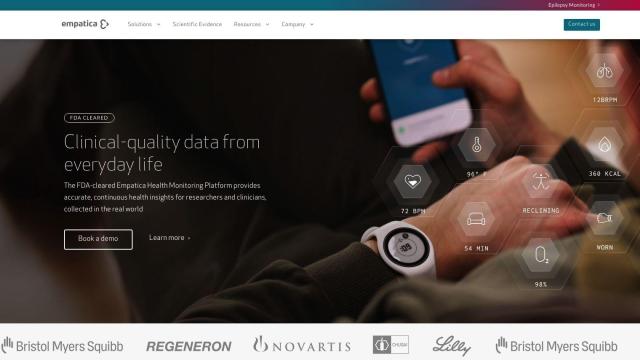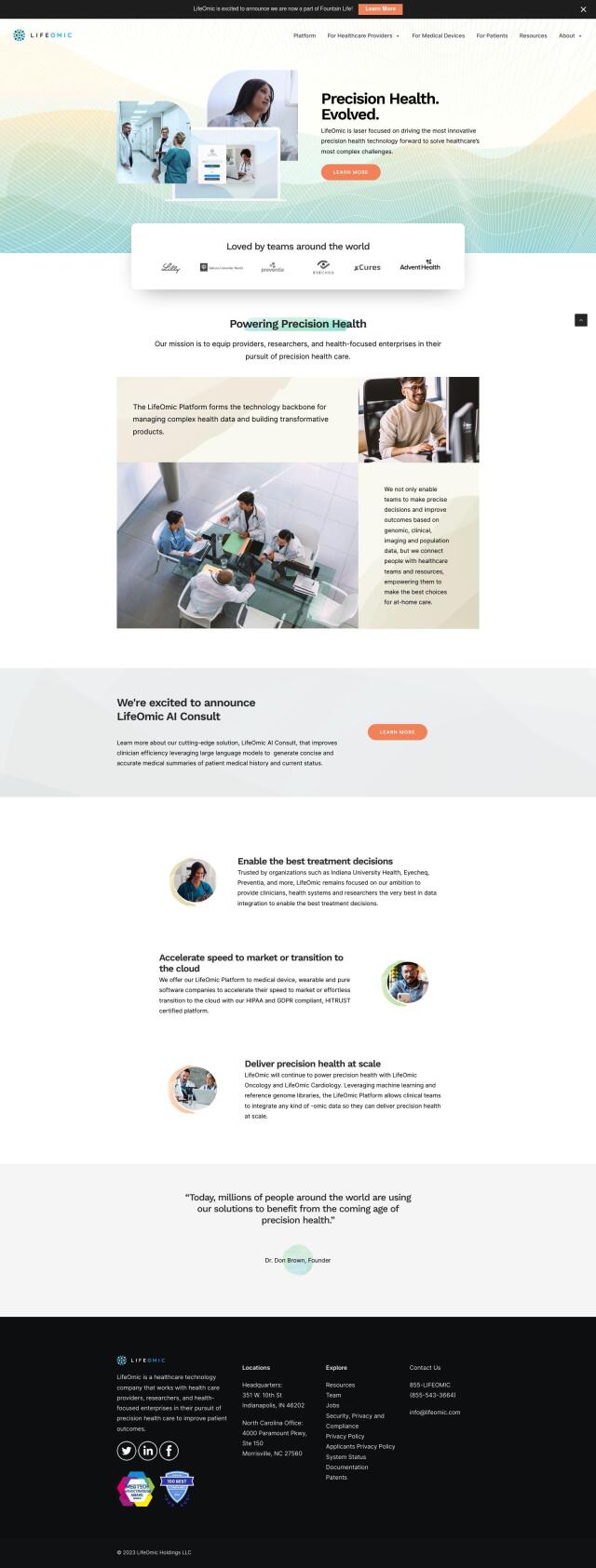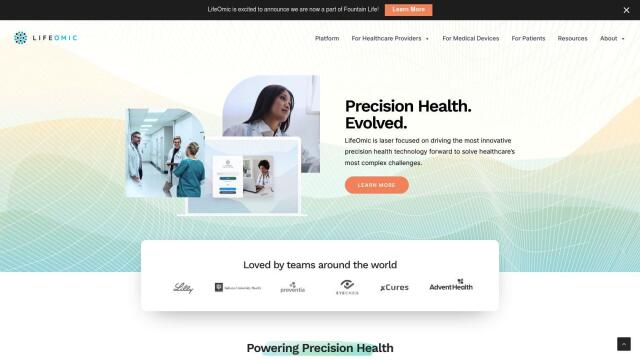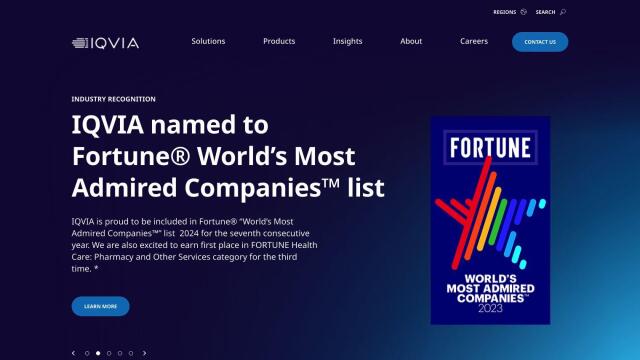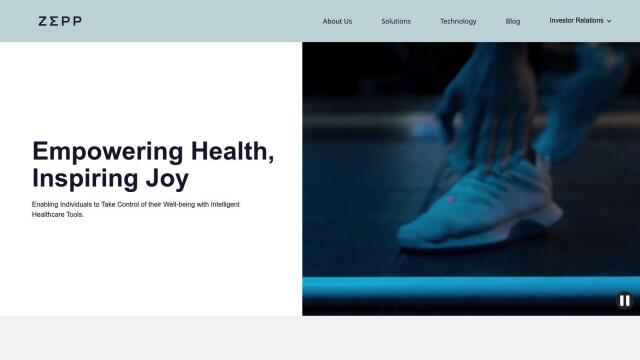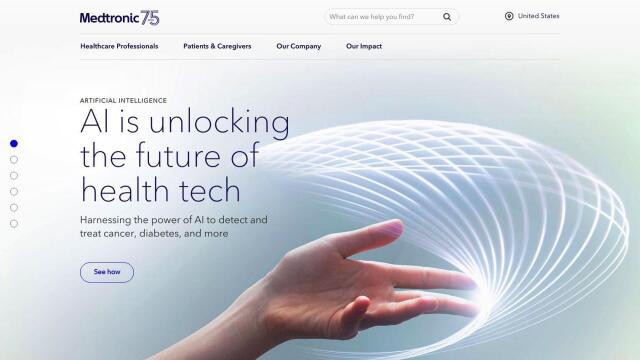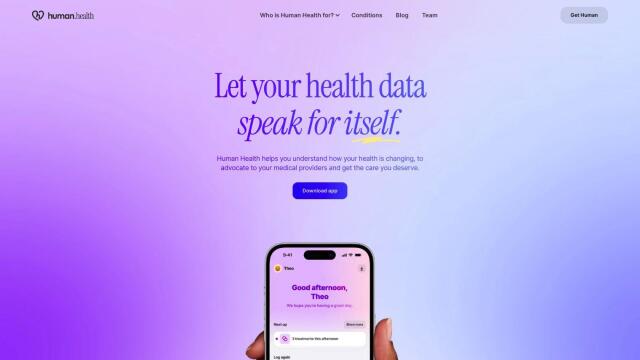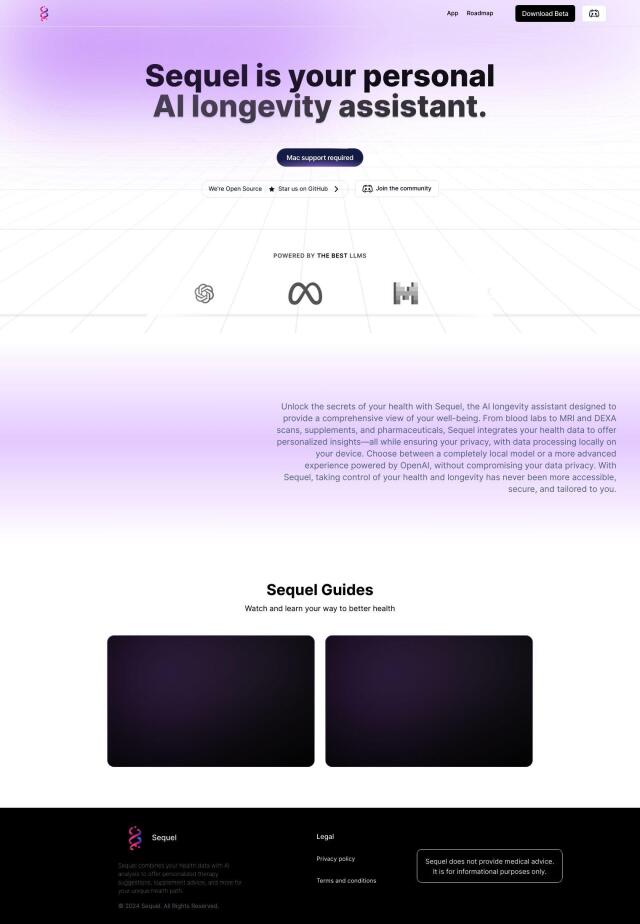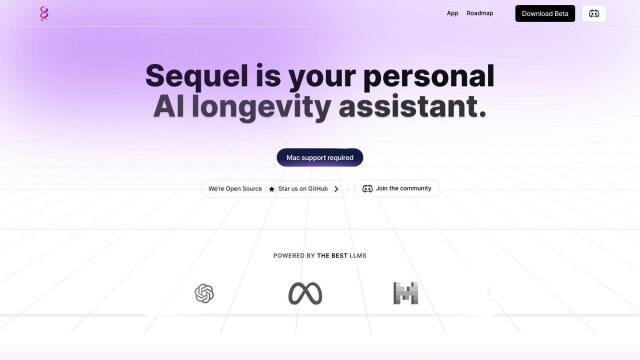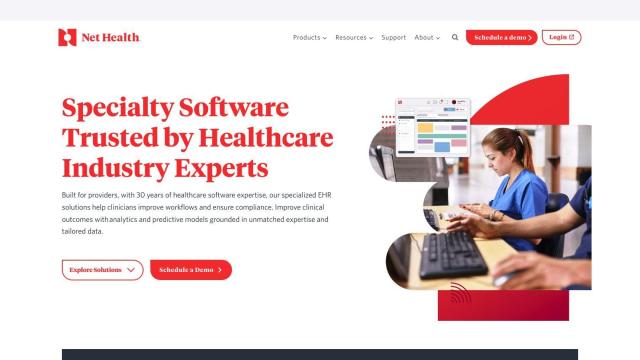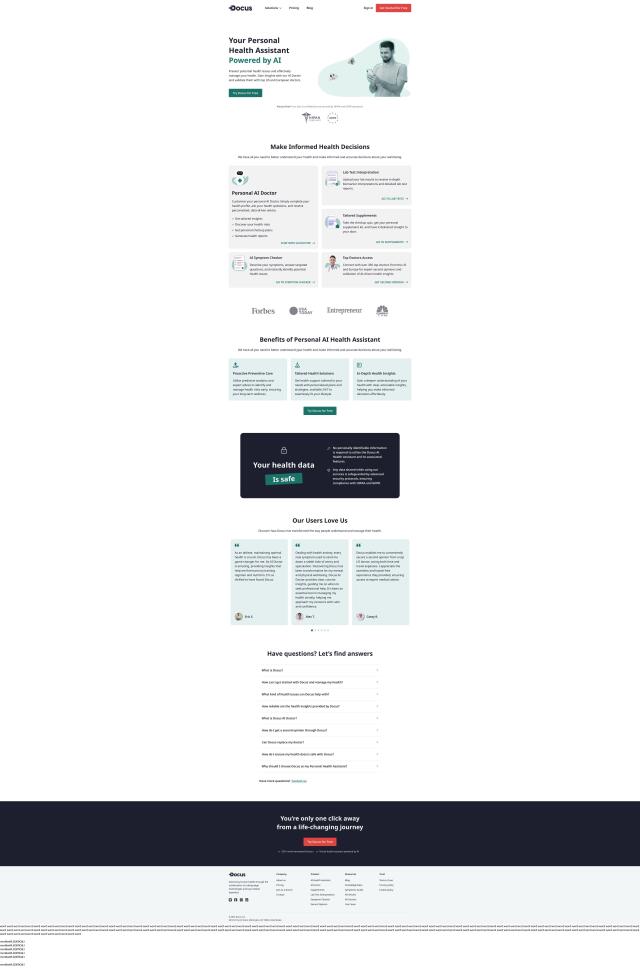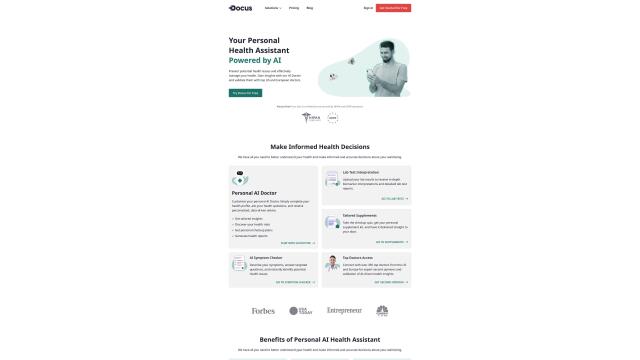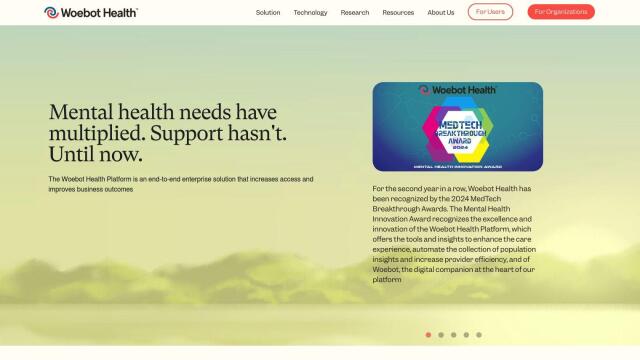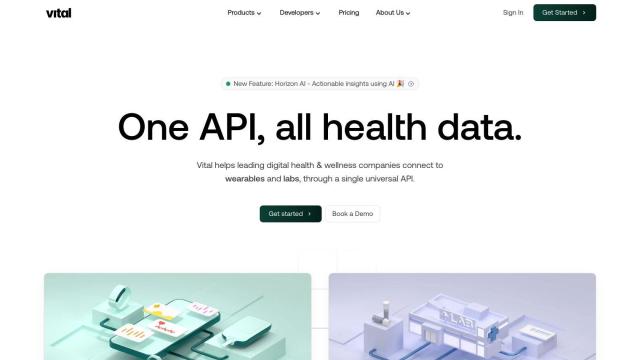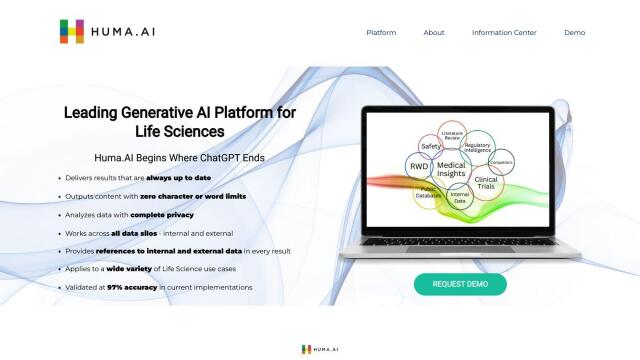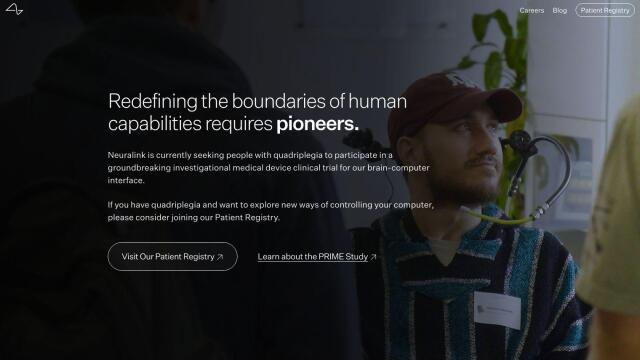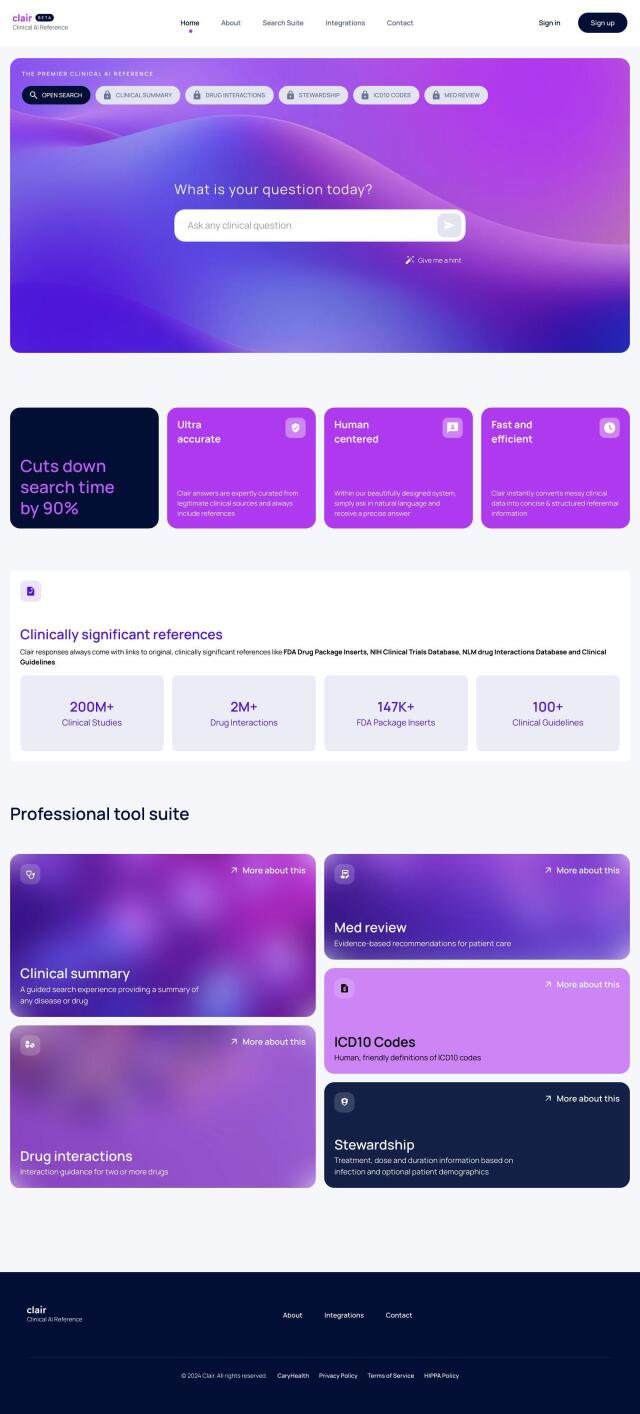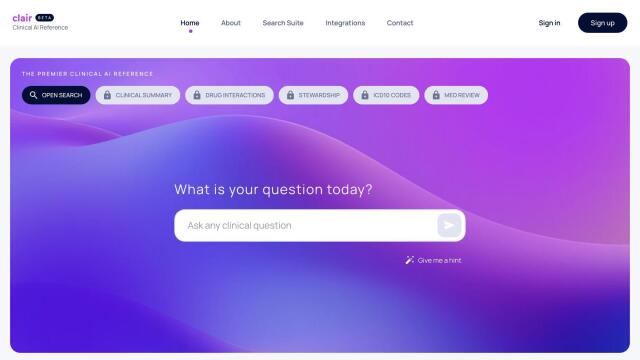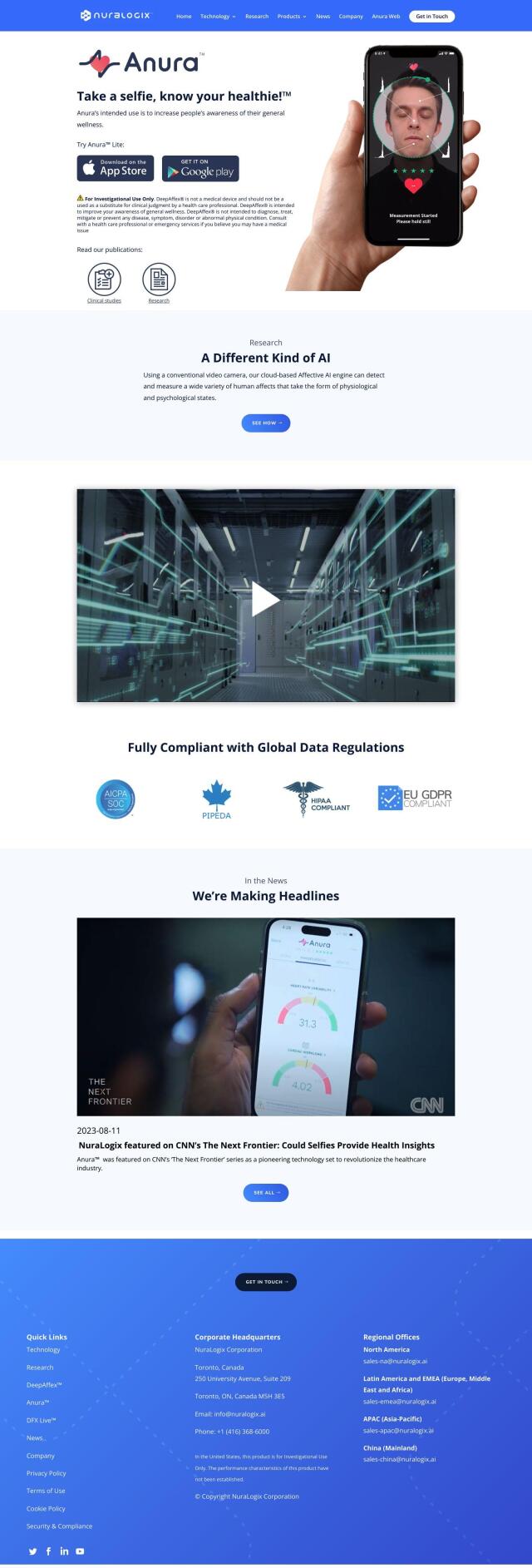
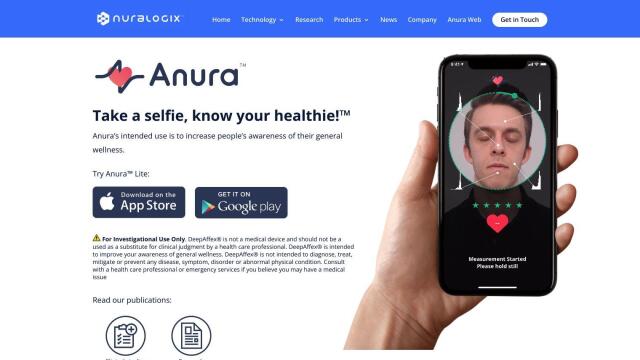
NuraLogix
If you're looking for another Empatica alternative, NuraLogix has a suite of AI-based health and wellness solutions. Its flagship technology, DeepAffex, uses machine learning algorithms to monitor vital signs from video selfies, offering real-time and accurate insights into physiological and psychological states. This can help diagnose mental stress, anxiety and depression, and even assess the risk of cardiovascular disease and stroke. It offers contactless measurement, global data compliance, and real-time data, so it's a good option for real-world health monitoring.

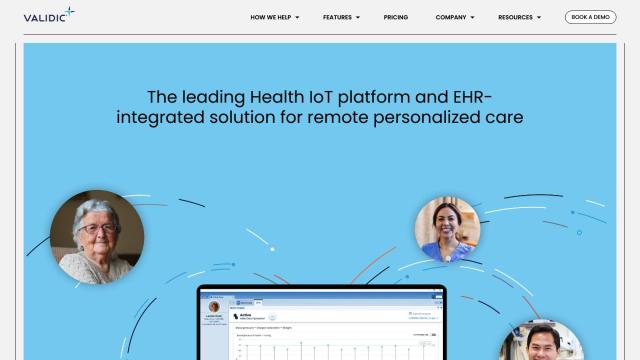
Validic
Another good option is Validic, a Health IoT platform that aggregates a large network of health devices and apps to give clinicians and patients actionable insights. Validic's platform includes deep EHR integration, remote patient monitoring, digital logbooks and active alerting. The platform is designed to personalize care, streamline clinical workflows and optimize population health programs, ultimately leading to better patient outcomes and reduced hospital readmissions.

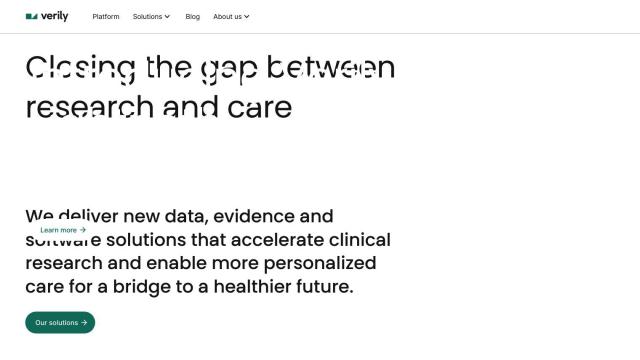
Verily
If you prefer a more precision medicine approach, Verily has a number of AI-based solutions, including Onduo for virtual care management and Viewpoint for clinical research. Verily's platform uses data science and cloud-based analytics to accelerate clinical research and personalized care, making healthcare more efficient and accessible. That could be a good choice if you want to bridge the gap between research and patient care.


Zepp Health
Last, Zepp Health has a next-generation smart wearable system that tracks health 24/7. The company's platform includes advanced biometric sensors, AI chips and data algorithms to provide insights and guidance. With features like continuous heart rate monitoring, sleep quality tracking and personalized wellness support, Zepp Health is designed to help people manage chronic conditions and reach fitness goals, so it's a good alternative for proactive health management.

